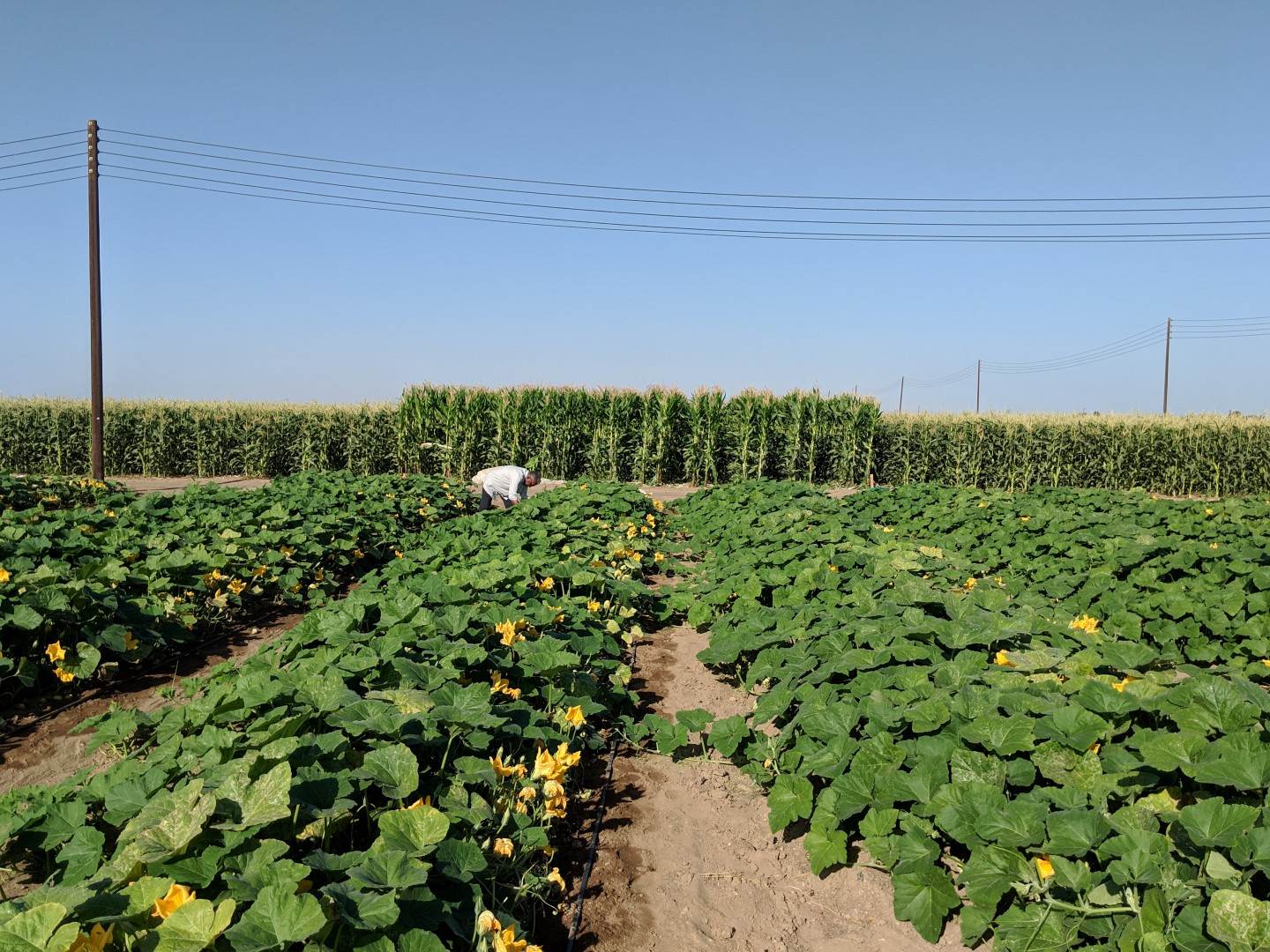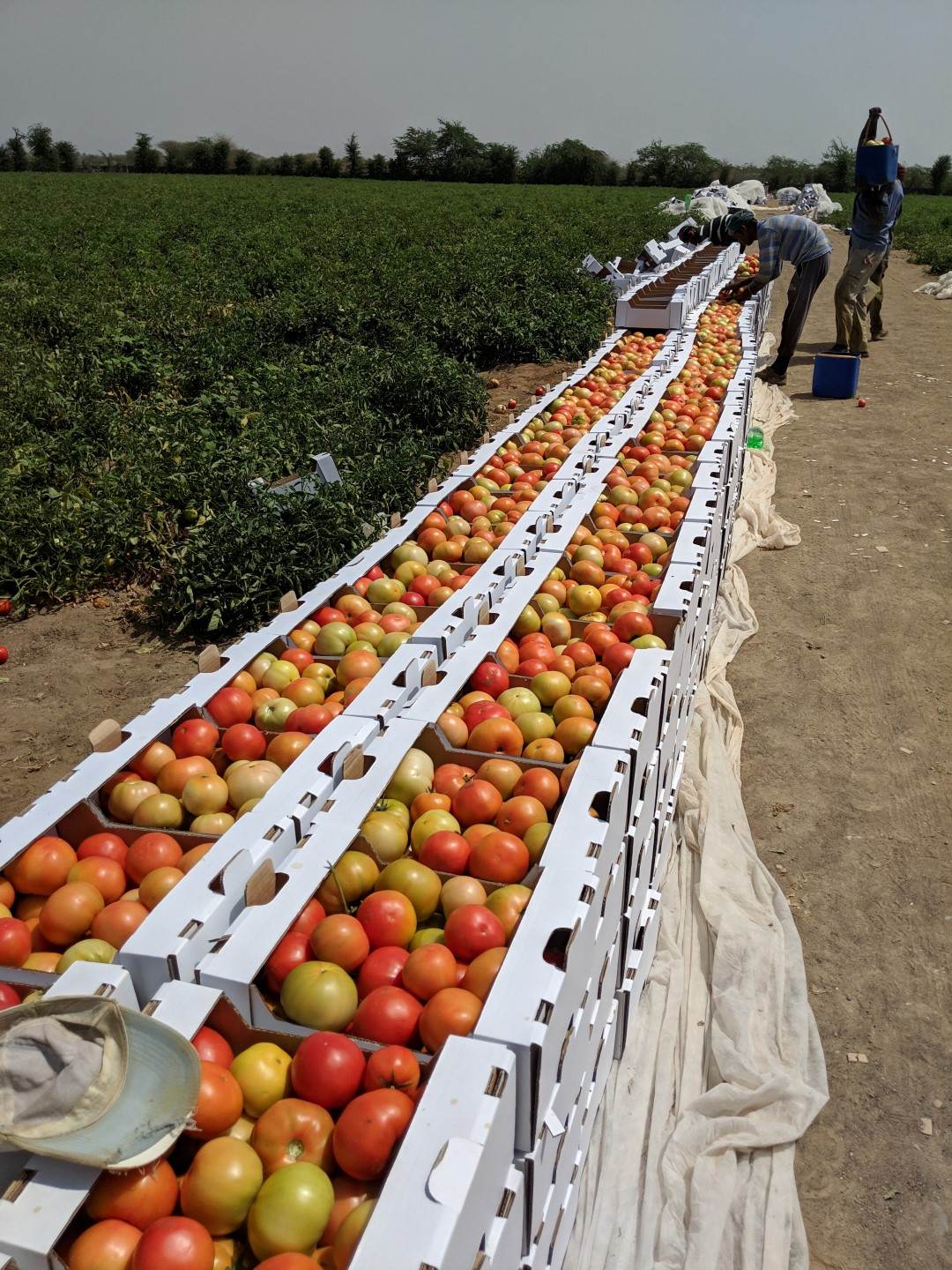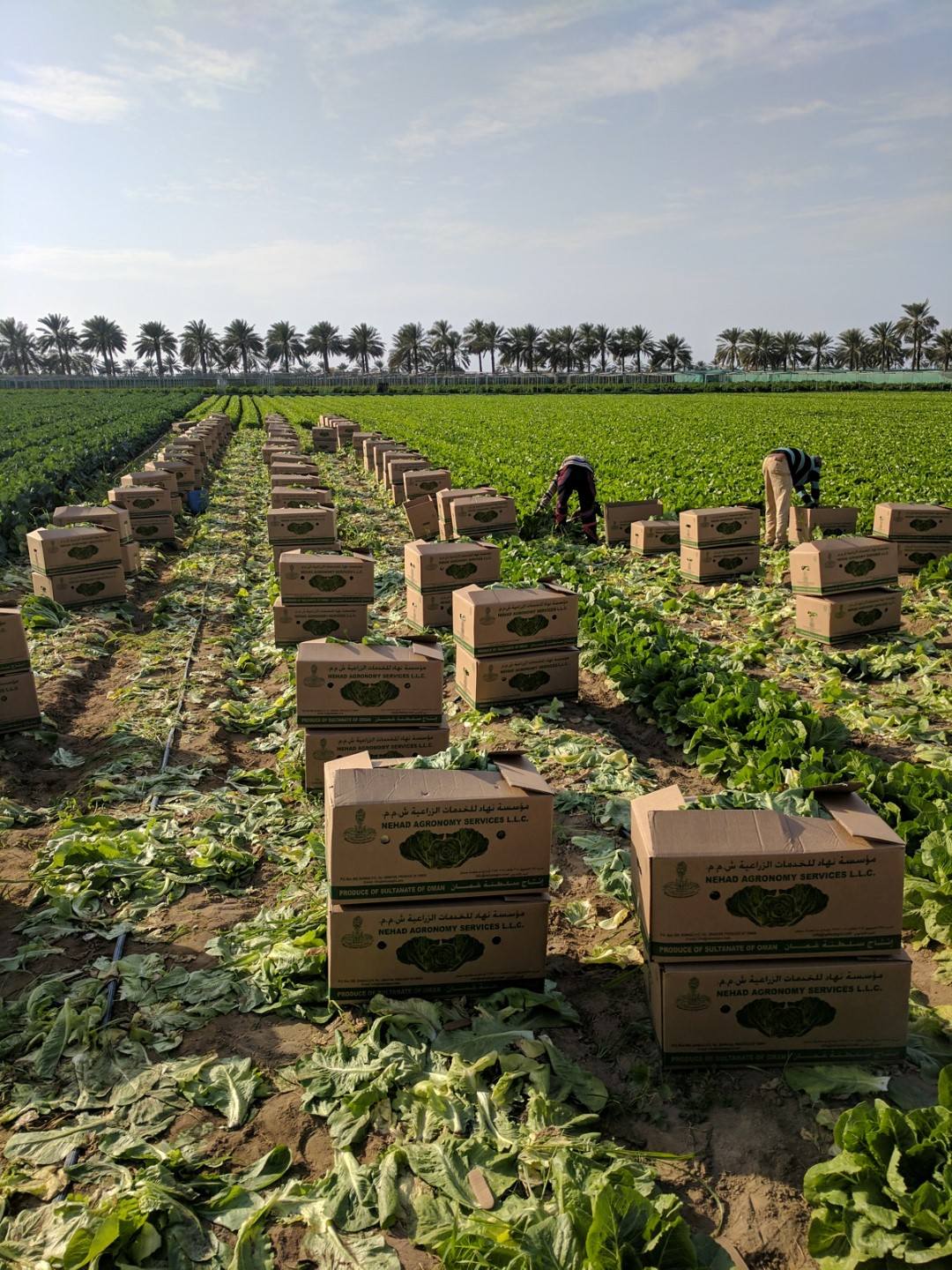FarmERP – Unleashing the Potential of Nehad Agronomy Services with AgriTech

Nehad Agronomy Services LLC (NAS) is an agricultural company in Oman using sustainable practices to produce and export a range of fruits and vegetables. It was struggling to meet its goal of producing quality crops due to the rising weather concerns and lack of an efficient farm management system.
FarmERP offered NAS technologically advanced solutions to help them make their agricultural practices more precise, profitable, and sustainable. By analyzing the situation of crops in real-time, FarmERP also helped NAS in taking the best actions to improve crop productivity and reduce costs.
Introduction
Farm management in the Middle East can be a daunting task, due to the many environmental concerns. A digital farming system can be helpful in fortifying the agribusinesses here with tech-integrated farm management solutions. Nehad Agronomy Services in Oman has multiple farms that grow sweet melons, watermelons, beans, green peppers, color sweet bell peppers, cherry tomatoes, dates, mangoes, carrots, lily cut flowers, and various other seasonal produce.
Earlier, NAS handled the management of their farms using simple pieces of paper with the occasional use of excel spreadsheets. FarmERP joined as their digital agronomy partners and enhanced their productivity and offerings by providing a rigorous amalgamation of agriculture and technology.
Effective tech-integration enabled NAS to work towards identifying the right product mix for the market and consequently improved profitability and productivity. With optimum farm management support, FarmERP helped NAS to have complete control over all their farm activities. This also enabled NAS to reach its goal of cultivating and harvesting top-quality farm produce.

Challenge
- The use of paper or spreadsheets to record the activities and occurrences of multi-locational farms was extremely challenging.
- With the monumental concern of water scarcity in the Middle East, optimizing farm activities to save water became a huge hurdle.
- It was essential to tackle the issues of pest infestations and crop diseases with the minimal usage of pesticides and fertilizers.
- With the COVID-19 outbreak, meeting the food safety standards became very difficult.
- With multiple plots, multiple stock-keeping units for multiple products, mapping the farm activities was a big challenge.
Approach
By enabling the integration of optimum tools and technologies, FarmERP helped NAS manage their farm activities more efficiently with its farm management platform. With real-time access to farm details, NAS was empowered to make better, well-informed decisions, which in turn, improved their yields significantly.
- Initially, the multi-locational farms and greenhouse crops of NAS were mapped completely. FarmERP studied the land infrastructure and the crop infrastructure, along with their packhouses.
- FarmERP provided NAS with a set of ‘good agricultural practices’ to be carried out on the fields for better results.
- Farm managers started receiving alerts on daily task allocations through a task calendar issued by FarmERP.
- FarmERP enabled regular tracking of the issuing of goods, movement of goods, consumption on the farm, taps on expiry dates, and usage. Multiple stores at multiple locations were tracked diligently to determine consumption patterns of each plot and ensure minimal dead inventory.
- FarmERP helped NAS understand their daily requirements of water for each plot to ensure that water is utilized in an optimized manner. NAS was also guided with the right crop rotation strategies to maintain optimal quality of produce.
- With FarmERP’s inventory management system, NAS optimized its machinery and resource utilization to a great extent.

Benefits
Through the initiative of practicing digital agriculture, FarmERP helped NAS optimize its farm activities and boost operational efficiency. With FarmERP’s farm management and AgriTech expertise, NAS managed to adopt smart production methods and stay well ahead of competition.
FarmERP benefitted NAS in the following ways –
- By employing artificial intelligence, machine learning, computer vision, satellite imagery, etc, FarmERP made the farming activities of NAS more efficient and productive.
- FarmERP provided NAS with a detailed account of the unique activities needed to be completed within a particular time on a particular plot. This helped NAS in improving farm productivity by optimizing farm management practices.
- FarmERP helped in determining the optimum manpower, machinery, water, and chemicals necessary, to significantly enhance the resource utilization efforts of NAS.

- FarmERP ensured considerable cost-savings for NAS. With FarmERP, NAS managed to save –
- 15% on inventory costs
- 5% on water-consumptions costs
- 5-10% on labor costs
- 5% on machinery costs
- Improved, real-time visibility into task allocations enabled NAS to have a complete overview of how their days, weeks, and months would pan out. This helped them in their farm planning activities more accurately and also assisted in provisioning the desired inputs.
- FarmERP enabled NAS to drill down and gauge an idea as to their monetary spending on each plot. They could also make better and more adequate inventory requirements for the future.
- Implementation of food safety and traceability ensured that when NAS’ fruits and vegetables reach the marketplace, they are residue-free and safe.
- Controlling pests and crop diseases became much easier for NAS with FarmERP’s farm management system. FarmERP also ensured the reduced usage of pesticides and fertilizers to protect humans from hazardous chemicals.
